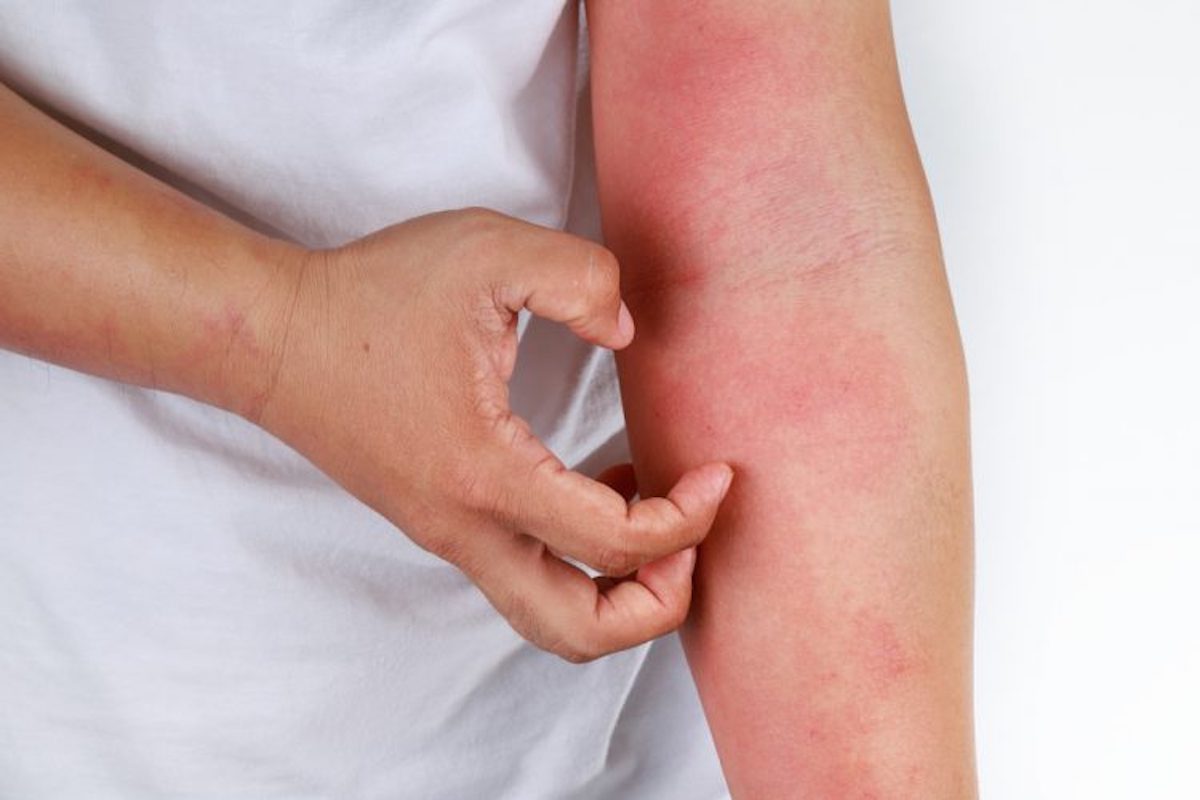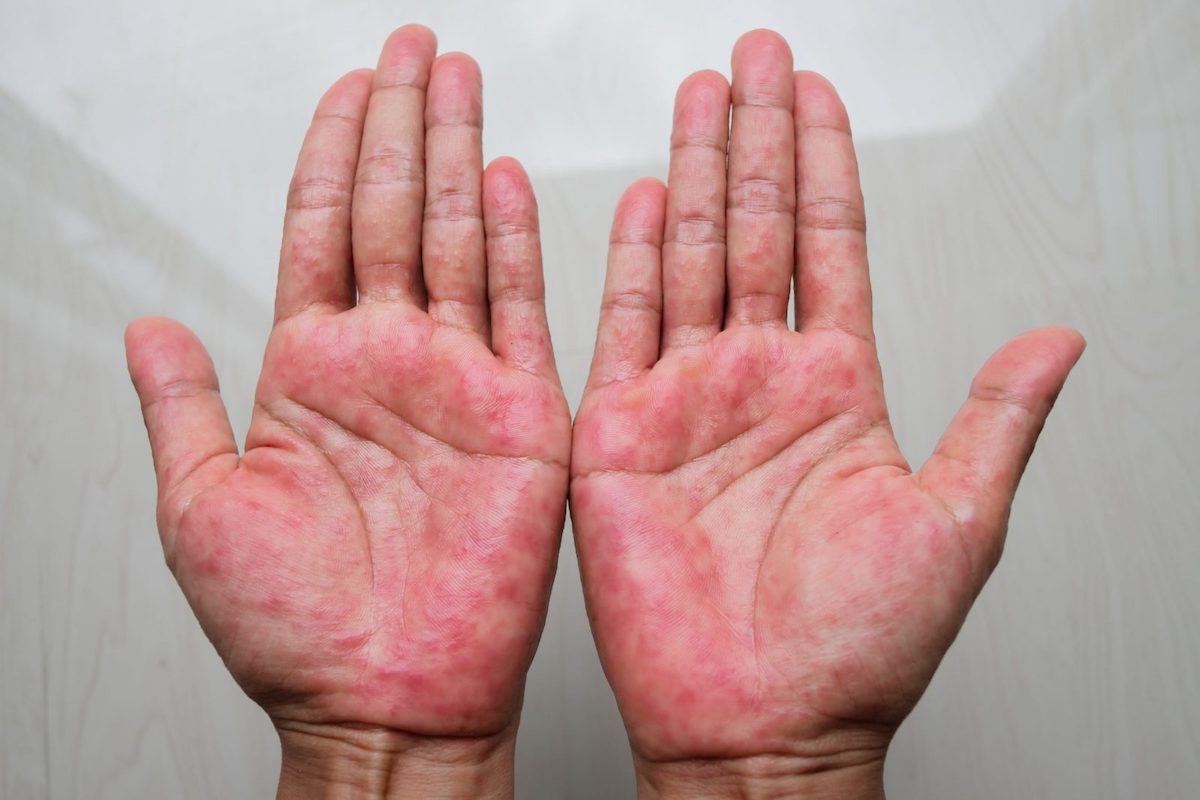Self-care measures can play an important role in managing symptoms of atopic dermatitis. By taking steps to avoid triggers and maintain good skin hygiene, patients can help prevent flare-ups and keep their symptoms under control.

You can keep in mind the following self-care measures:
1. Avoiding triggers such as allergens, irritants, and stressors is one of the most important self-care measures for managing atopic dermatitis. Identifying and avoiding these triggers can help prevent flare-ups and minimize symptoms. Common triggers include certain fabrics, soaps, detergents, pet dander, and environmental allergens.
2. Regular bathing with lukewarm water and moisturizing the skin immediately after can also help manage symptoms of atopic dermatitis. This can help hydrate the skin and improve the skin barrier function, which can reduce inflammation and relieve itching. It’s important to use mild, fragrance-free soaps and avoid hot water, which can dry out the skin and worsen symptoms.
3. In addition, dressing in loose-fitting clothing made of soft, breathable fabrics can help reduce irritation and improve comfort. Avoiding tight-fitting clothing or fabrics that can cause friction or irritation can help prevent flare-ups and minimize symptoms. Choosing soft, breathable fabrics such as cotton or silk can also help reduce irritation and improve comfort.
While self-care measures can be effective in managing symptoms of atopic dermatitis, medical treatment may also be necessary in some cases. Topical medications, such as corticosteroids and calcineurin inhibitors, can help reduce inflammation and relieve itching. Moisturizers, such as emollients and barrier creams, can help hydrate the skin and improve the skin barrier function.
Antihistamines can help relieve itching and improve sleep. Phototherapy, which involves exposing the skin to controlled amounts of ultraviolet light, can help reduce inflammation and improve symptoms. In severe cases, systemic medications such as oral corticosteroids, immunosuppressants, or biologic agents may be prescribed to manage symptoms.You can find pictures of all skin rashes here:

